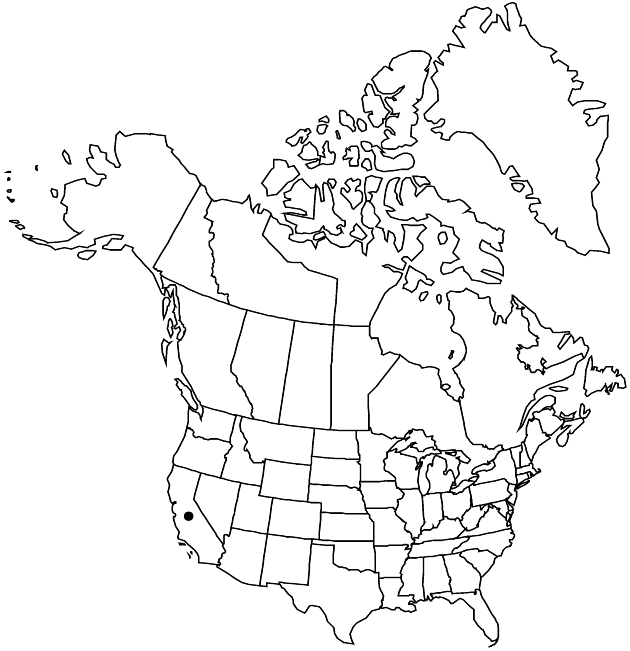Difference between revisions of "Artemisia nesiotica"
Aliso 5: 341. 1963.
FNA>Volume Importer |
FNA>Volume Importer |
||
| Line 8: | Line 8: | ||
}} | }} | ||
|common_names=Island sagebrush | |common_names=Island sagebrush | ||
| − | |basionyms={{Treatment/ID/ | + | |basionyms={{Treatment/ID/Basionym |
|name=Crossostephium insulare | |name=Crossostephium insulare | ||
|authority=Rydberg | |authority=Rydberg | ||
| + | |publication_title=in N. L. Britton et al., N. Amer. Fl. | ||
| + | |publication_place=34: 244. 1916, | ||
}} | }} | ||
|synonyms={{Treatment/ID/Synonym | |synonyms={{Treatment/ID/Synonym | ||
| Line 54: | Line 56: | ||
|publication year=1963 | |publication year=1963 | ||
|special status= | |special status= | ||
| − | |source xml=https://jpend@bitbucket.org/aafc-mbb/fna-data-curation.git/src/ | + | |source xml=https://jpend@bitbucket.org/aafc-mbb/fna-data-curation.git/src/f6b125a955440c0872999024f038d74684f65921/coarse_grained_fna_xml/V19-20-21/V19_916.xml |
|tribe=Asteraceae tribe Anthemideae | |tribe=Asteraceae tribe Anthemideae | ||
|genus=Artemisia | |genus=Artemisia | ||
Revision as of 18:39, 24 September 2019
Subshrubs, 10–60 cm (rounded), aromatic. Stems relatively numerous, ascending or prostrate, gray, simple or branched (slender, wandlike, soft, bases woody and brittle), densely canescent. Leaves cauline, gray-green; blades linear-oblong, 3–5 × 1–2 cm, mostly 3-lobed (lobes 1–2 mm wide), faces gray-hairy. Heads (usually erect, sometimes nodding) in (leafy) paniculiform arrays 10–25 × 3–5(–7) cm. Involucres broadly campanulate, 2.5 × 4–4.5 mm. Phyllaries broadly ovate, densely hairy. Florets: pistillate 0; bisexual 20–50; corollas pale yellow, 1.2–1.5 mm, glandular. Cypselae (light brown) ellipsoid (ribbed), 0.5 mm, resinous.
Phenology: Flowering mid–late summer.
Habitat: Rocky slopes, often fog-shrouded hillsides
Elevation: 0–100 m
Discussion
Artemisia nesiotica is known only from the Channel Islands of California. It differs from the closely related A. californica by its shorter stature, wider leaf lobes, and larger heads.
Selected References
None.
